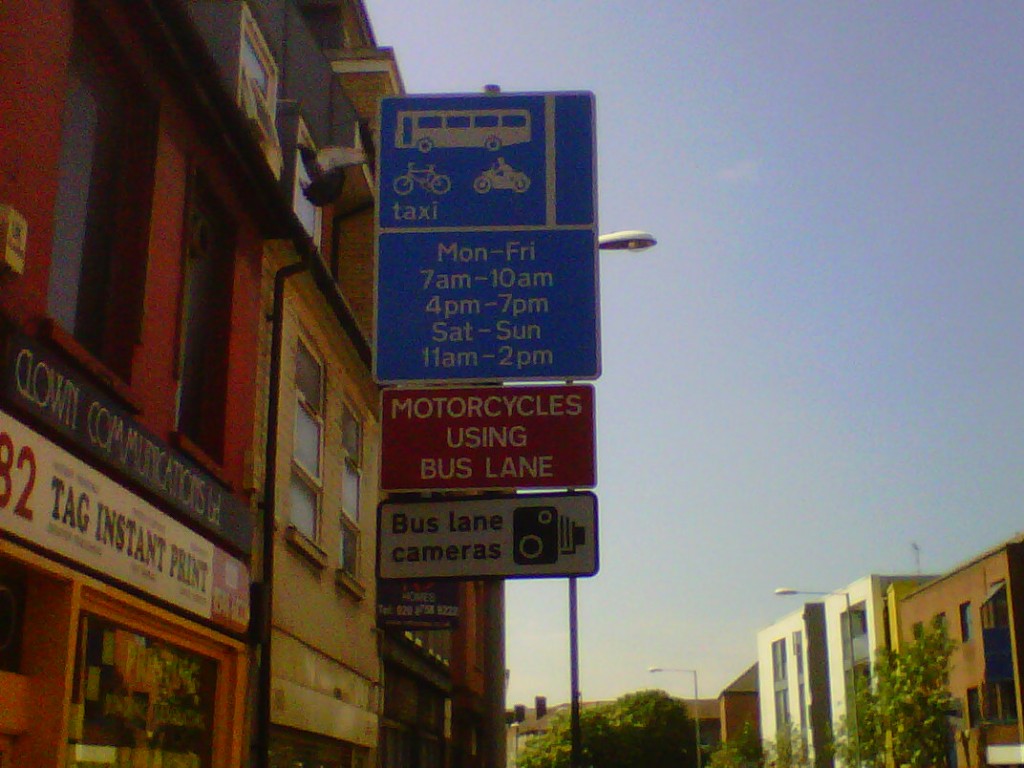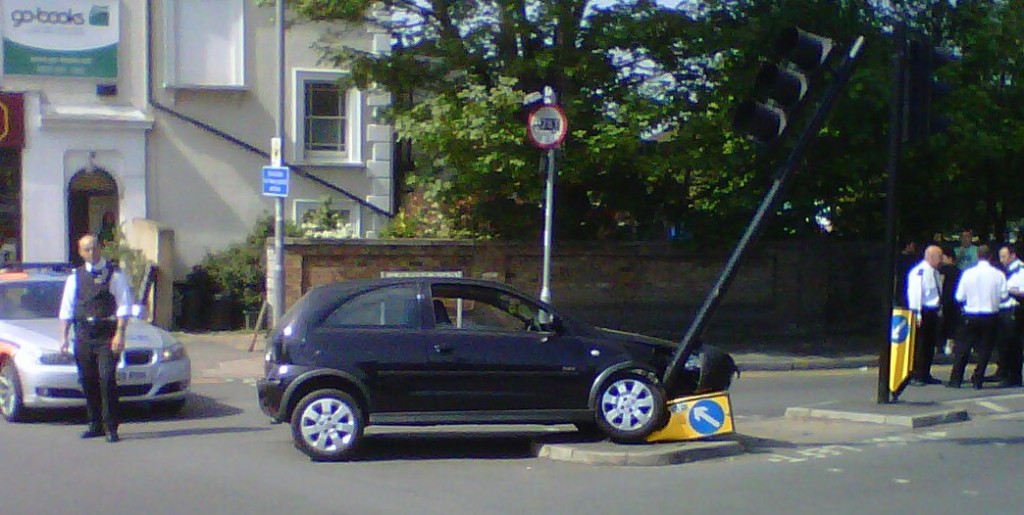I’ve written elsewhere that filtering on opportunity to cut journey time constitutes a higher imperative than stopping unnecessarily at traffic lights and adding CO2. The idea that obeying regulation at the expense of the planet and in defiance of commonsense is “against my religion” has occurred to me as an argument, but I resisted it, because Equality Streets is about freedom from dogma. Second thoughts were prompted by the case of ex-BBC producer, Devan Maistry, claiming unfair dismissal. The Birmingham tribunal ruled that his belief in the ‘higher purpose’ of public broadcasting to promote cultural interchange and social cohesion constitutes a religion or belief, and can be protected by the same laws that outlaw religious discrimination. Driving by numbers rather than context is against my beliefs, as is watching traffic signals rather than the road, and queueing next to empty bus lanes when I could be making progress …


